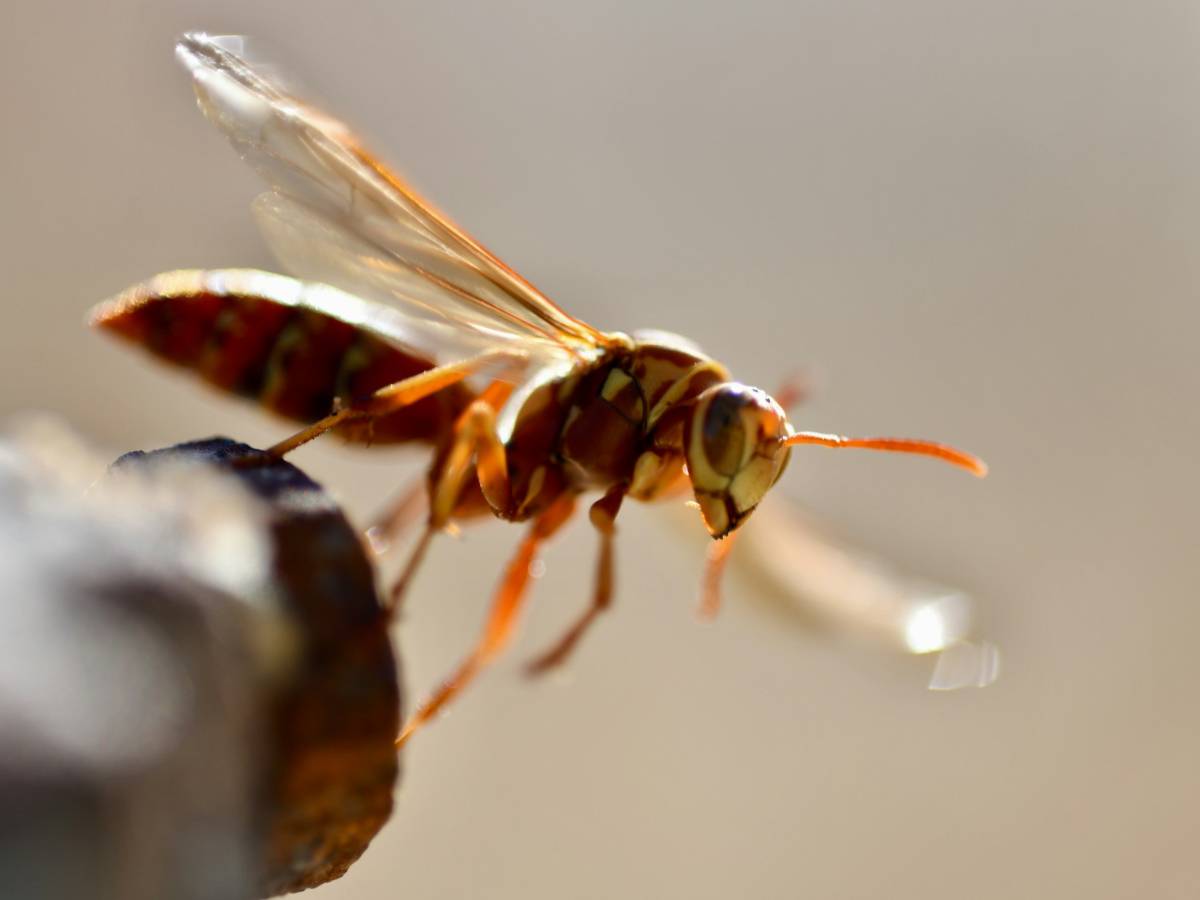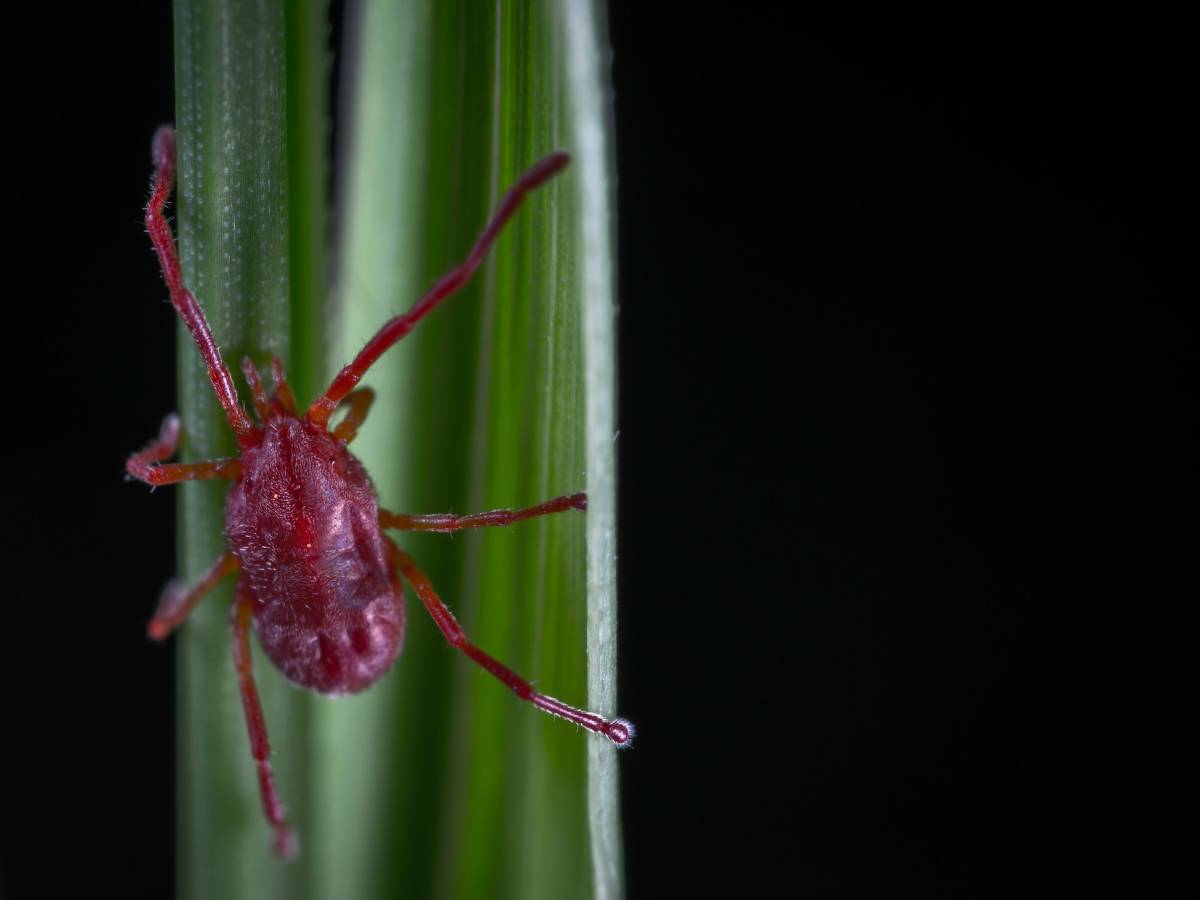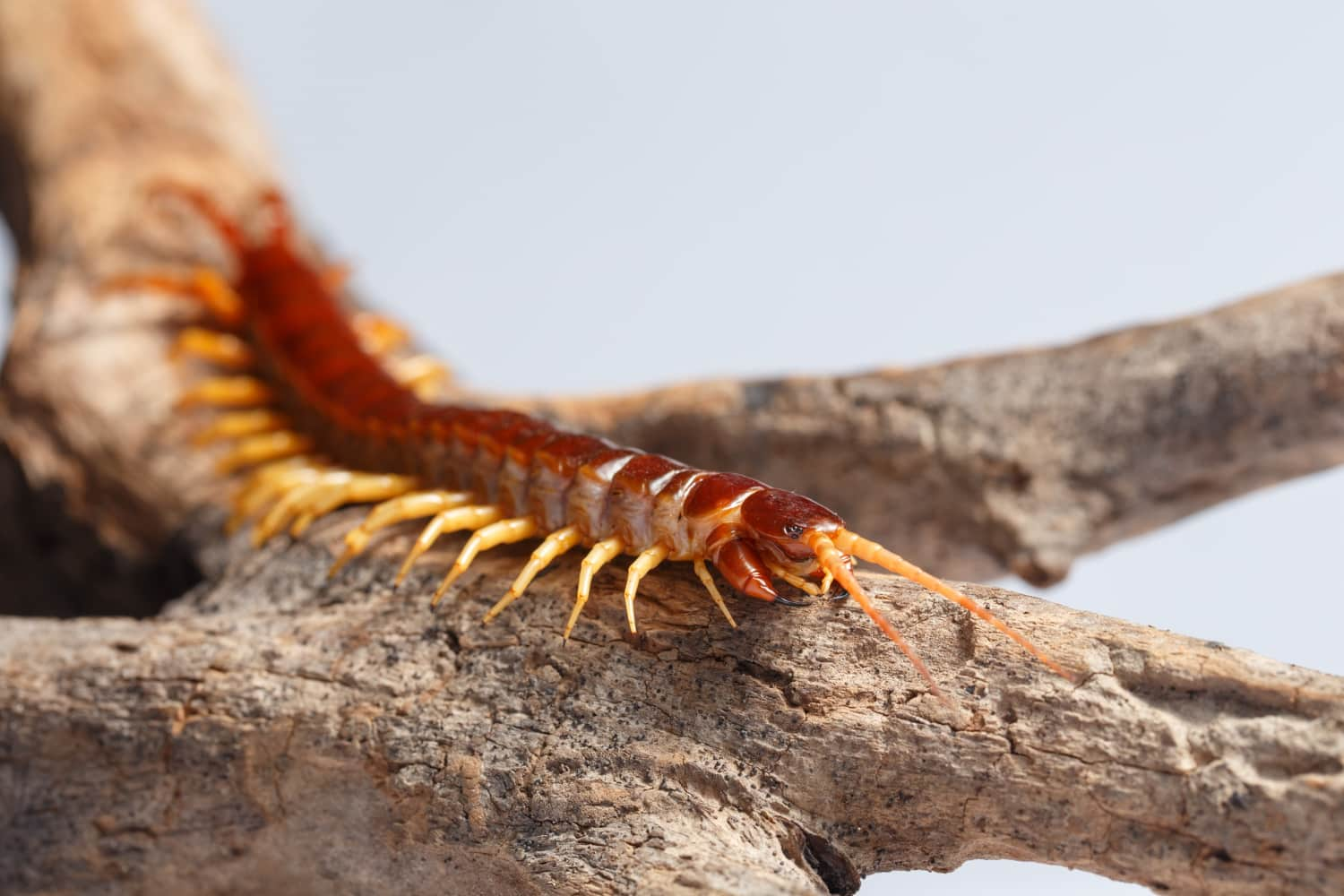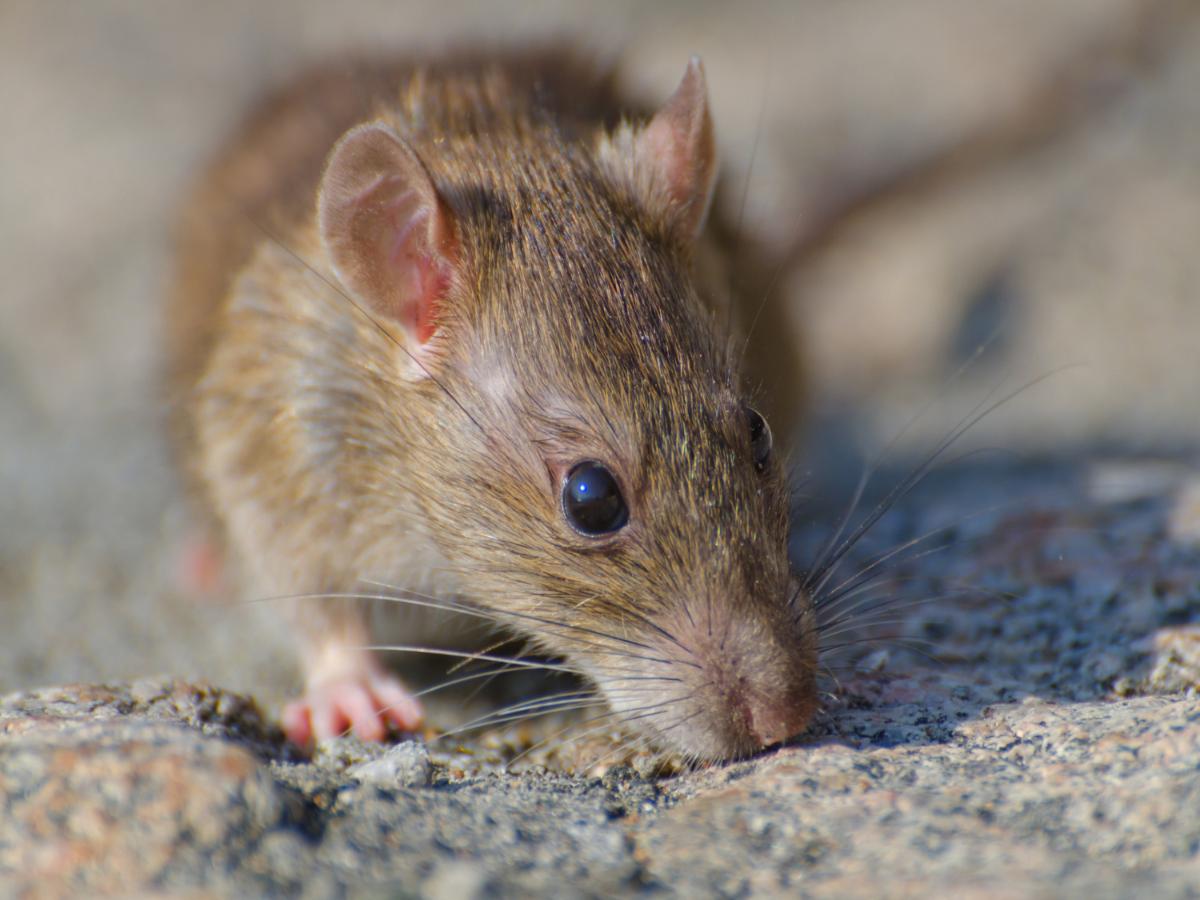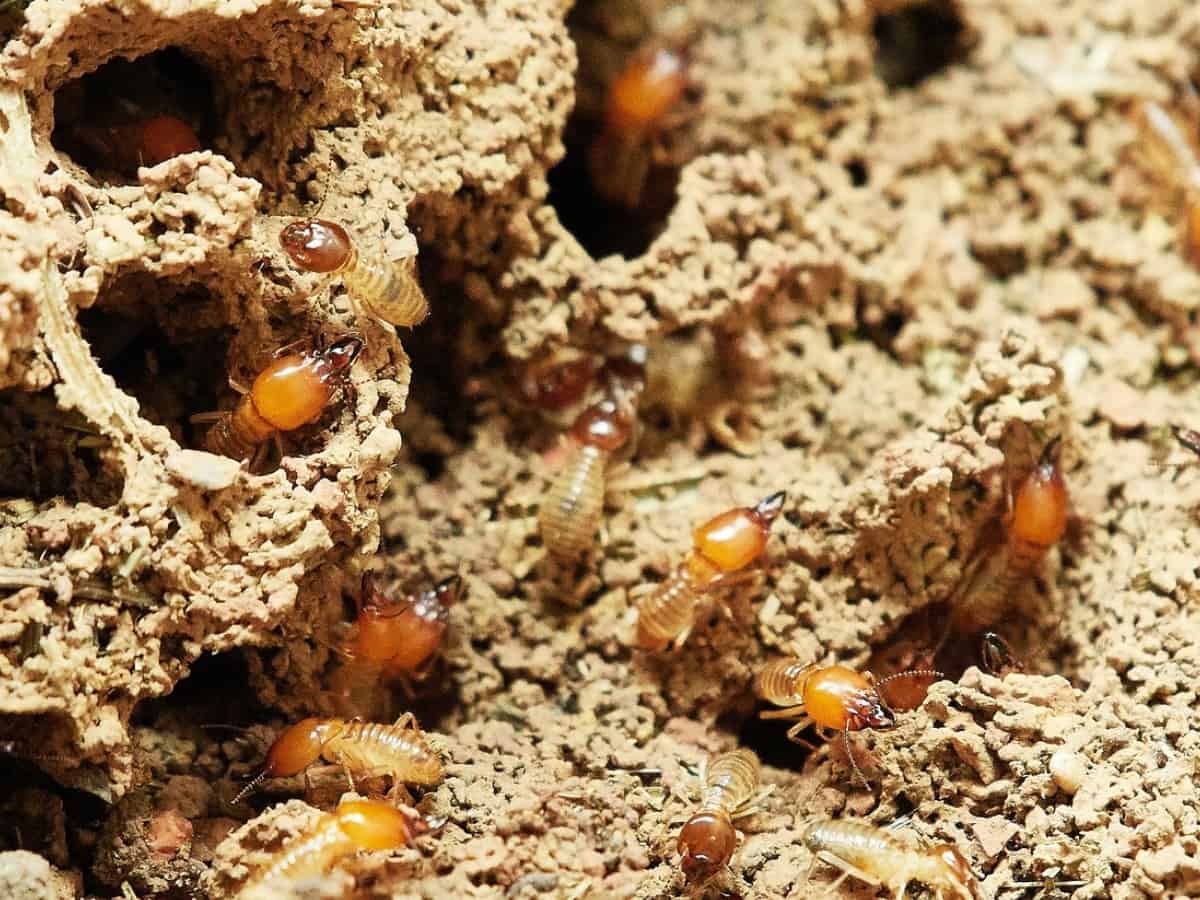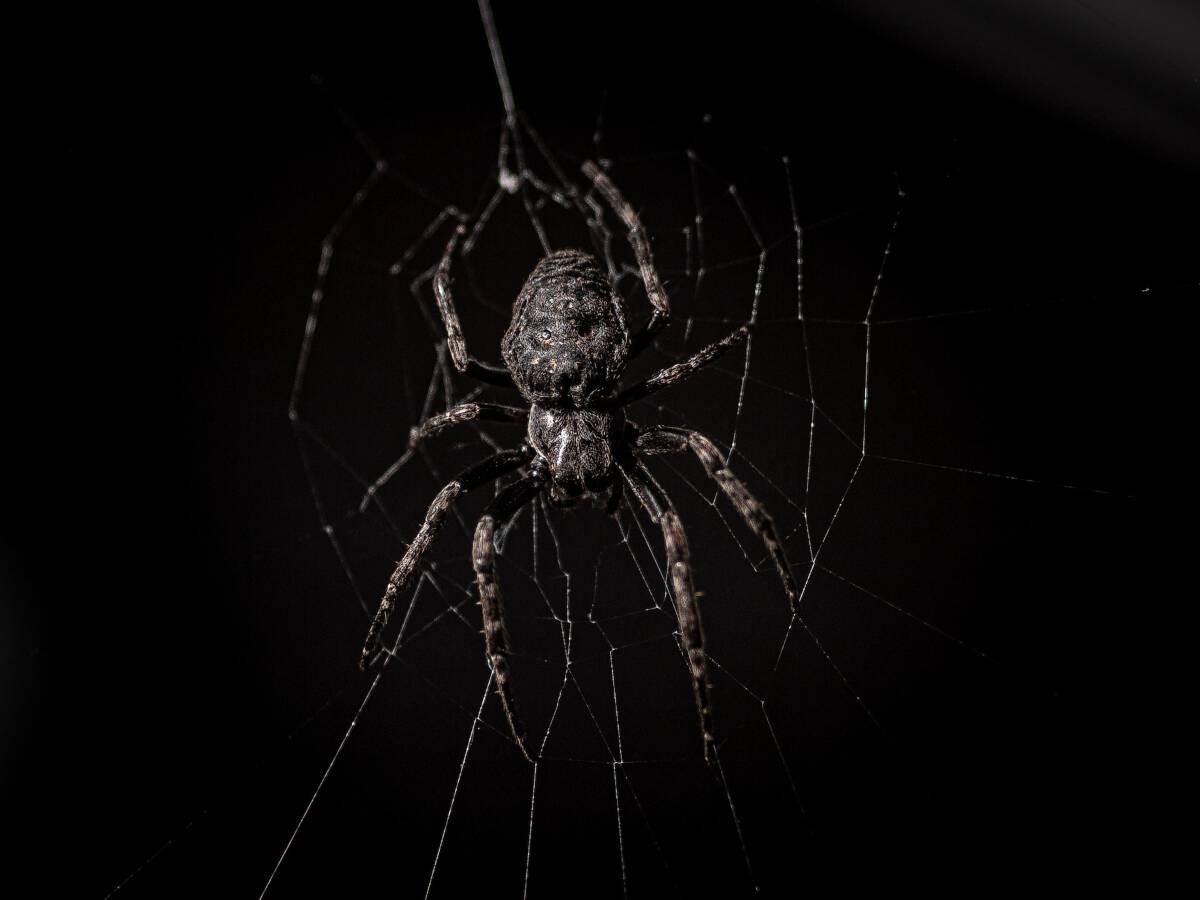Even though no one wants to share their home with uninvited guests, a lot of homeowners have to deal with common household pests.
If you do not want to deal with these pests in the first place, it is essential to know what scenarios can lead to pest infestations to prevent and manage pest issues. You can keep a lot of insects from becoming pests in your house by actively taking precautions to bug-proof them.
In this blog post, we will go over various scenarios that can lead to a pest infestation to help you protect your home from future infestations.
What Is a Pest Infestation?
A general definition of an infestation is the presence of an abnormally high number of animals or insects in a location, that can cause harm or illness. However, most health departments view one or more roaches as a risk, particularly in public schools, hospitals, and food service establishments, since a single roach can trigger an asthma attack in a susceptible person.
The difficult thing about household pests is that they frequently go unnoticed until an infestation is well underway, raising the question of what exactly causes pest infestations.
What Usually Causes a Pest Infestation?
There are various factors that draw pests to your house, such as:
- Seasonal changes
- Scarcity of food and water in the wild
- Loss of habitat
Natural habitats are disappearing in many places as more land is used for residential and commercial purposes. Like humans, pests require food, water, and shelter, all of which are abundant in our homes.
Therefore, a variety of household pests, such as ants, termites, roaches, rodents, and others, think your house is a pretty good option when the weather changes, the water dries up, or food sources are moved or destroyed.
What Scenarios Can Lead to Pest Infestations?
Pest infestations can occur because of a variety of scenarios, each with its own set of factors. Below, you can find the main scenarios that can lead to pest infestation:
Inadequate Sanitation Practices
Inadequate sanitation practices frequently act as the main catalyst for pest infestations. Pests like rats, cockroaches, and flies are drawn to the plentiful food sources when food particles or organic waste are left unchecked, which can result in infestations.
Do not forget that rodents are nocturnal creatures that can survive for months on nothing more than crumbs left over from a meal. Pet food bowls provide rodents and their young with an abundance of food. When food scraps and dishes are left in the sink after meals or are allowed to pile up over several days you can easily start to find roaches crawling around.
To avoid these situations, proper waste disposal, routine cleaning, and upholding cleanliness in areas used for food preparation are crucial.
Structural Vulnerabilities
Structural vulnerabilities represent another common scenario that can result in a pest infestation.
Pests seek cover indoors during colder months or during periods of excessive precipitation. The smallest gaps, fractures, and openings in your foundation, as well as the areas around windows and doors, plumbing, sewage lines, and drainpipes, can all be penetrated by pests. In addition to giving pests easy access to buildings, these openings give them appropriate hiding places and breeding grounds.
By identifying and addressing these weaknesses, routine building maintenance and inspections can lower the likelihood of infestations.
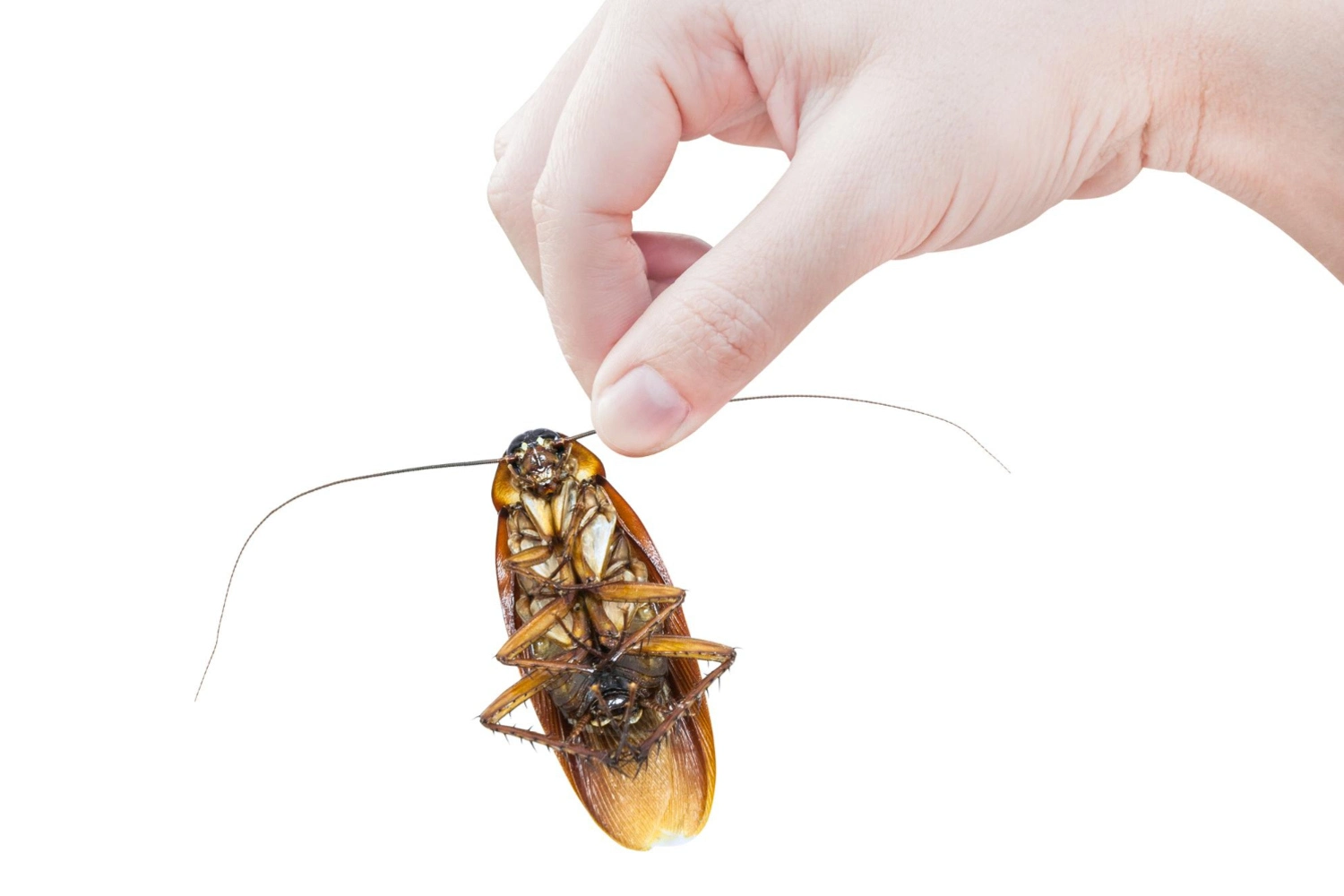
Roaches’ Best Friend: Moisture
Pest problems can easily be exacerbated by issues related to moisture. The perfect conditions for the growth of pests like cockroaches, termites, mosquitoes, and some types of ants are created by damp surroundings, leaky pipes, and inadequate drainage systems. If the wood leading into your home is damp, termites have a higher chance of getting inside.
Remember that most insects can survive for months on very little water. Moisture attracts and is necessary for the survival of these pests.
Ample ventilation, effective drainage, and well-maintained plumbing systems can help get rid of extra moisture and lessen the chance of pest infestations.
An Unmaintained Garden
Last but not least, uncontrolled vegetation and/or an unmaintained garden can be counted as a common scenario that leads to a pest infestation.
Gardening can be difficult at times because of the variety of shapes and sizes of garden pests. Insect pests consume leaves, drink the fluids from plants, and burrow into vines, fruits, and roots. Birds and mammals eat the leaves and soft seedlings that you plant, or they help themselves to your produce. That is why you can be sure that overgrown trees, shrubs, and bushes are basically considered an invitation to pests.
Maintaining proper vegetation and landscaping can keep pests from building nesting sites close to your home.
Furthermore, allowing weeds to flower and produce seeds will only lead to an increase in weeds, and most likely pests. Removing weeds from your garden will reduce unneeded pest-friendly environments.
How to Prevent Infestation in the First Place?
There are several risks associated with pest infestations for our homes, health, and general well-being. So, it is always better to take preventive actions rather than wait for an infestation to happen and deal with it later.
Prompt pest management is essential to preserving a secure and wholesome living space. In the long run, ignoring or postponing pest control can result in more harm, higher health risks, and higher expenses. You may preserve the health of your family, save the structure of your house, and stop the spread of pests by taking quick action against infestations.
Effective pest management relies on conducting routine inspections, putting preventive measures in place, and calling in professional pest control services as soon as necessary. Experts are equipped with the skills, training, and specialized equipment needed to recognize and treat infestations, customize treatment regimens, and offer long-term fixes.
Do not forget that pest problems can arise in even the cleanest homes. So, do not hesitate to contact a professional if you think you are dealing with an infestation.


